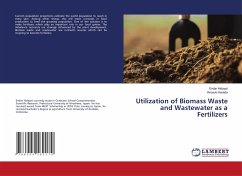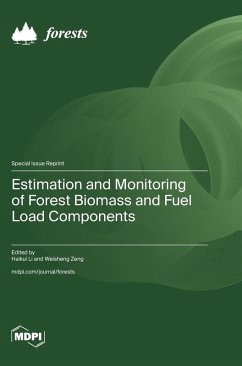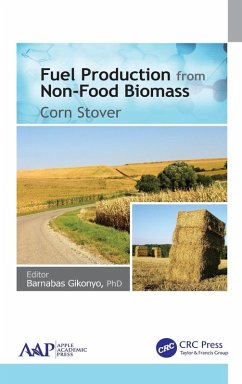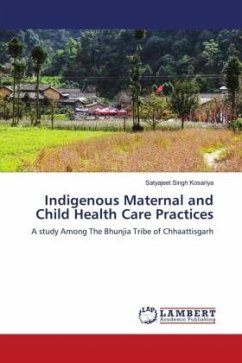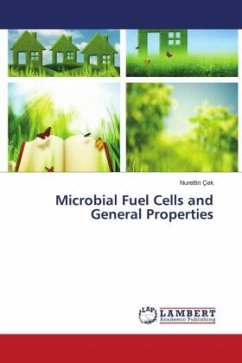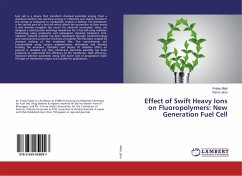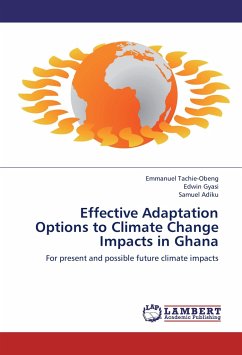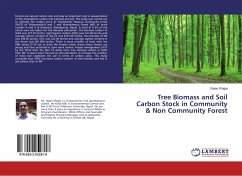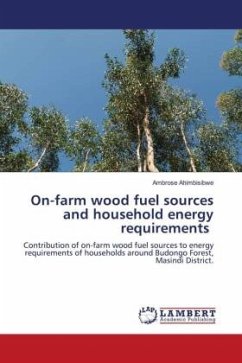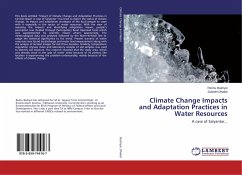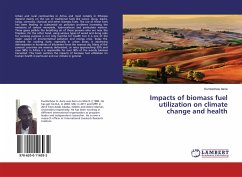
Impacts of biomass fuel utilization on climate change and health
Versandkostenfrei!
Versandfertig in 6-10 Tagen
27,99 €
inkl. MwSt.

PAYBACK Punkte
14 °P sammeln!
Urban and rural communities in Africa and most notably in Ethiopia depend mainly on the use of traditional fuels like wood, dung, leaves, twigs, corncobs, charcoal and other biomass fuels. The use of these fuels has been leading to substantial air pollution problems increasing the emissions of carbon monoxide, hydrocarbons and particulate matters. These gases pollute the breathing air of those persons who are near the fireplace. On the other hand, using various types of wood and dung cake for cooking purpose is not only harmful for health but it is one of the major causes of environmental poll...
Urban and rural communities in Africa and most notably in Ethiopia depend mainly on the use of traditional fuels like wood, dung, leaves, twigs, corncobs, charcoal and other biomass fuels. The use of these fuels has been leading to substantial air pollution problems increasing the emissions of carbon monoxide, hydrocarbons and particulate matters. These gases pollute the breathing air of those persons who are near the fireplace. On the other hand, using various types of wood and dung cake for cooking purpose is not only harmful for health but it is one of the major causes of environmental pollution and energy crisis. Today the demand for cooking fuels, especially in urban areas, is advancing deforestation in hundreds of kilometers from the nearest city. Many of the poorest countries are severely deforested, at rates approaching 95% and even 98%; in Africa it is responsible for over 90% of the woody biomass harvested. This book outlines the impacts of biomass fuel utilization on human health in particular and our climate in general.



